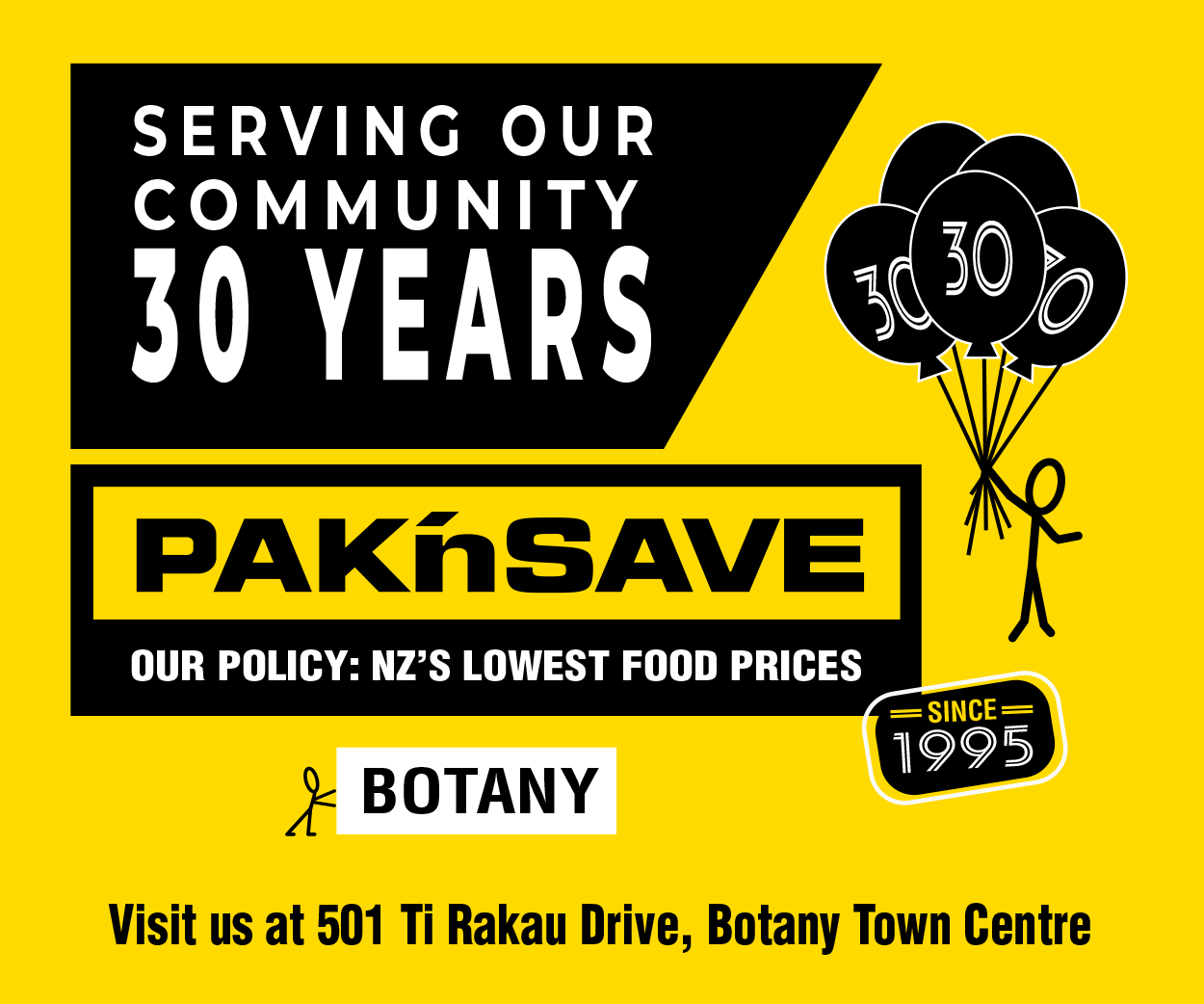
- By Parmjeet Parmar, Pakuranga-based ACT List MP
As a parent and scientist, I understand why families worry about social media’s effect on young people.
Students today are more anxious, distracted, and less resilient than 15 years ago.
Reports of serious mental distress among youth have surged – a worrying trend for all of us.
Social media clearly plays a role. ACT shares that concern.
But we must respond wisely. A National MP has proposed banning under-16s from social media.
It may sound appealing, but raises serious questions about whether it would work – or make things worse.
There are practical problems. Would everyone need to show a passport or driver’s licence just to access Facebook or Instagram?
The proposed definition of social media is so broad it could include sites like YouTube, Wikipedia and almost every other part of the internet.
And even if a ban were put in place, young people are clever and often find ways around restrictions.
At least the most common social media sites have some protections in place to prevent young people from being exposed to the worst kinds of content.
Forcing them onto unregulated platforms may expose them to worse content, with no safety features at all.
There is also a bigger issue at stake. A Government ban takes control away from parents.
It says the Government, not families, should decide how young people use the internet.
That is the wrong message. Instead of replacing parents, we should be supporting them.
That’s why ACT proposes a different path. I’ve asked the Education and Workforce Committee to hold a full inquiry into social media’s harms.
An inquiry will allow us to hear from teachers, parents, mental health professionals, technology experts, and the social media companies themselves.
It will help us understand what actually works. We can look at what other countries are doing, including Australia.
Rather than make the same mistakes at the same time as Australia, we should take time to understand their experience and learn from it.
Better solutions may exist – ones that respect parental responsibility.
A ban might even cause more harm. Or it might be right. But we shouldn’t rush into it without exploring all the options.
We all want young people to be safe. But lasting solutions must be realistic, effective, and based on trust.
Quick fixes make headlines – that doesn’t mean they work. The better path is to understand the problem properly and support families, not override them.







